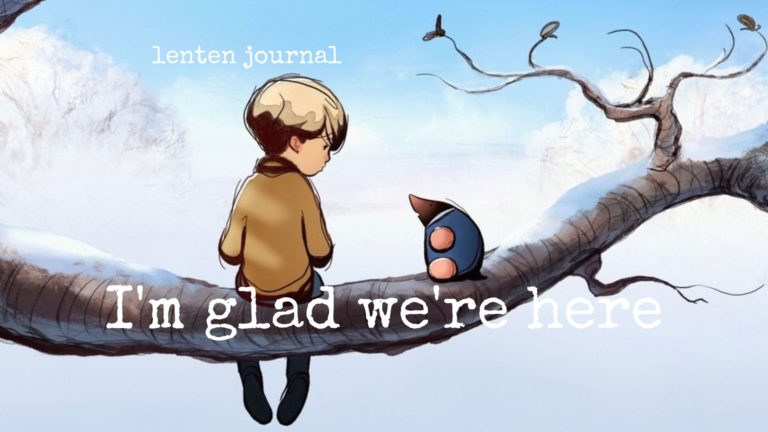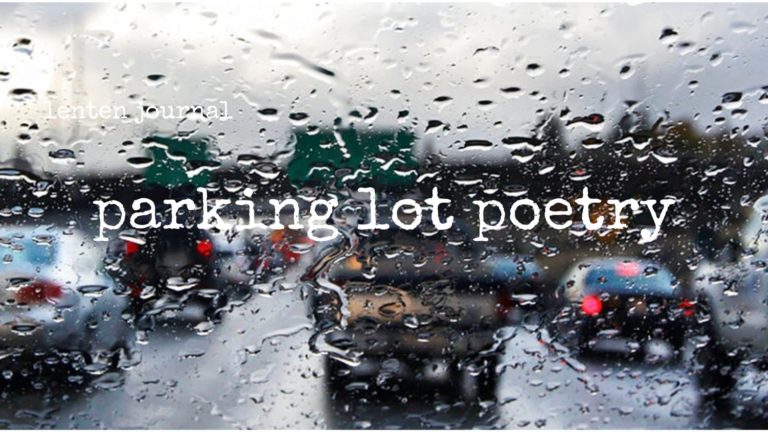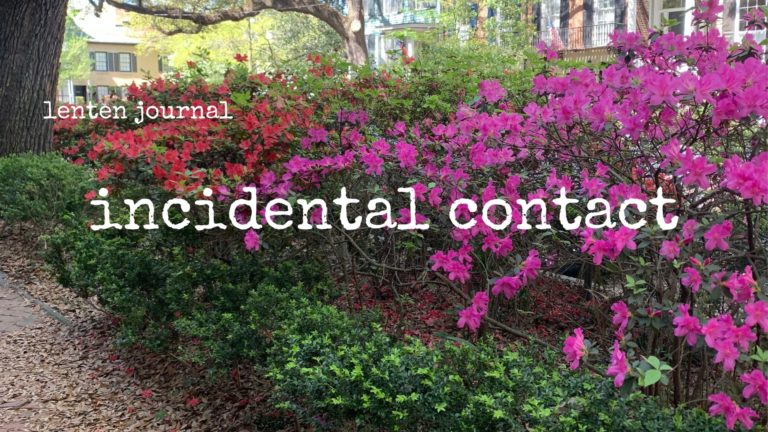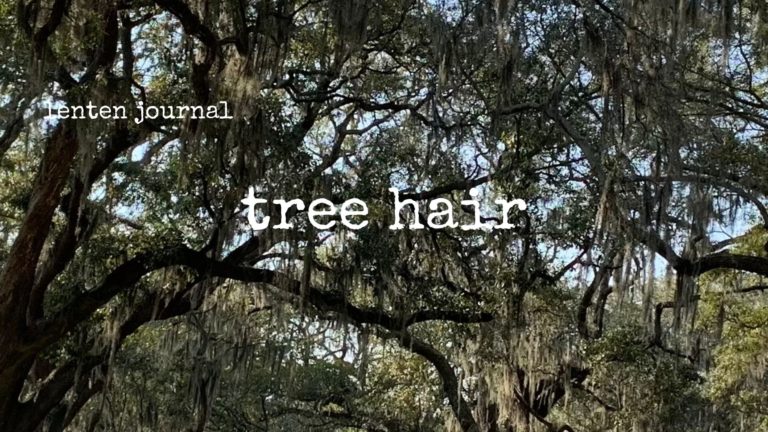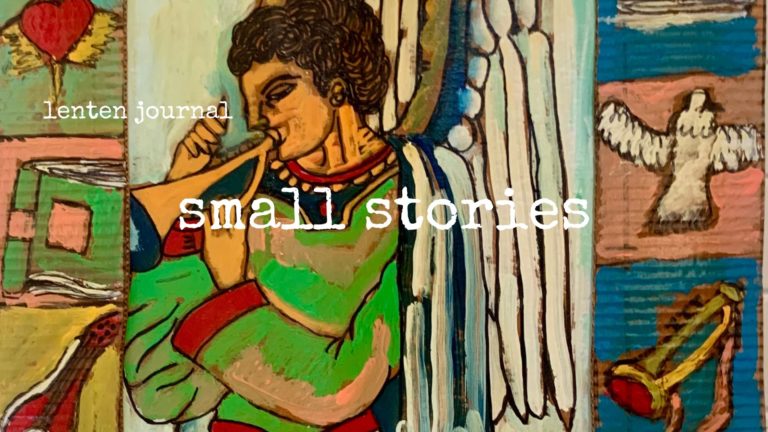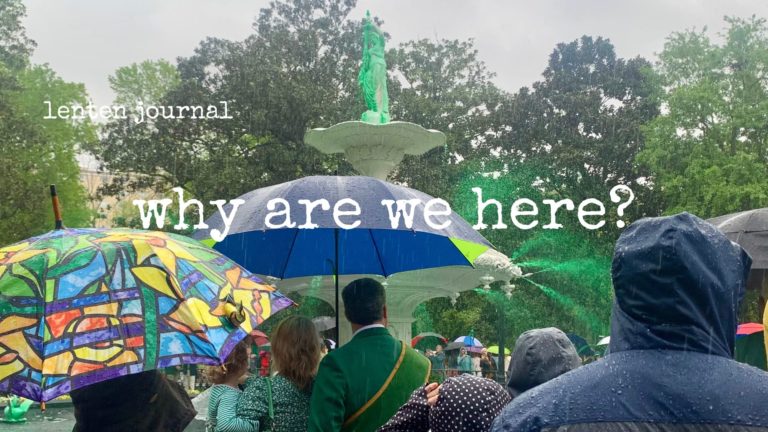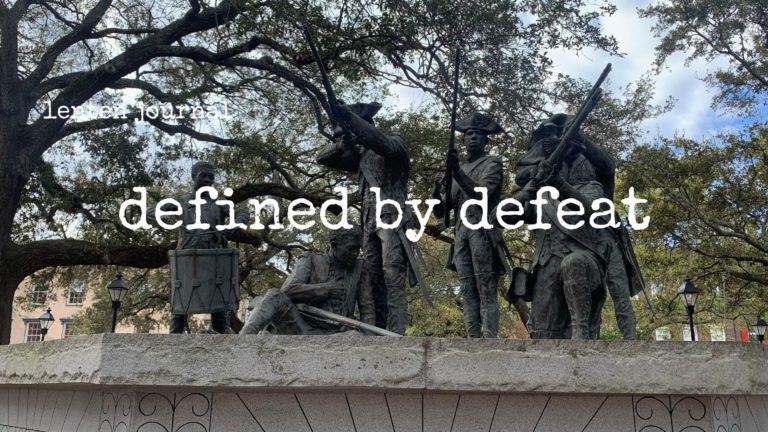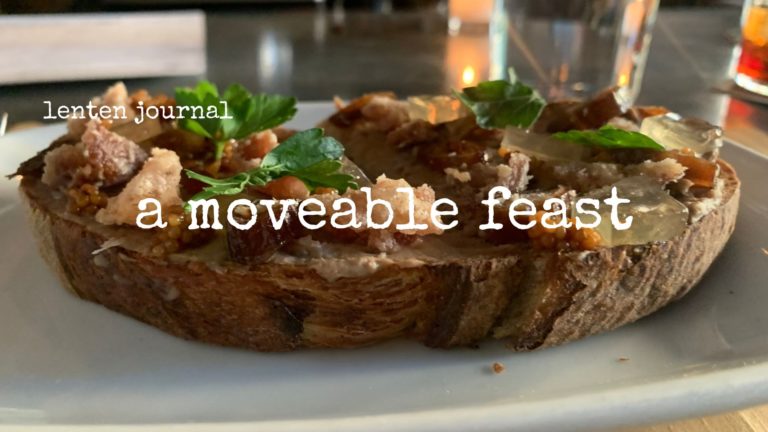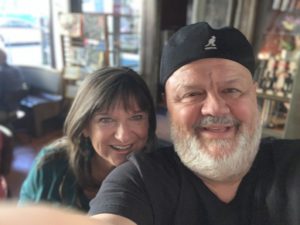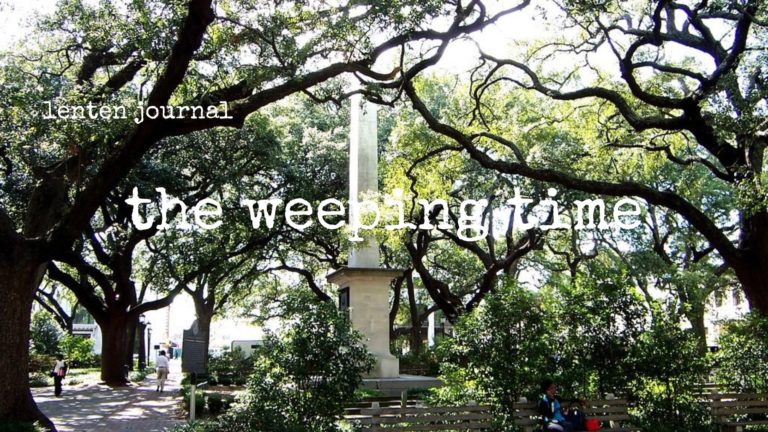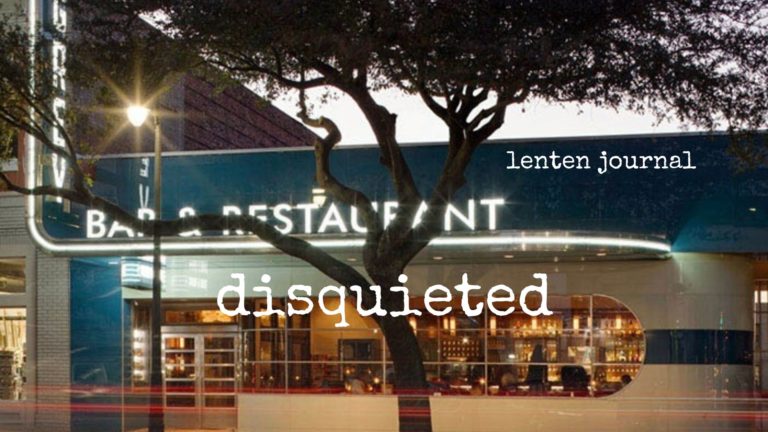I’m late on getting to this story, but I am assuming I am not the only one who learned about The Boy, the Mole, the Fox and the Horse while watching the Oscars last Sunday night. I loved it, even though they didn’t use an Oxford comma in the title.
Over the past year or so, I have seen the book at friends’ houses, and even thumbed through it, but I still have not read it. I’m not sure why. The appearance of the book intimates a kinship with The Little Prince and The House at Pooh Corner–both favorites–but I never got past the cover. Though I still haven’t read the book (I will, shortly!), I watched the movie this afternoon. Twice.
The movie opens with a young boy walking across an unending snow-covered landscape with nothing in site, until a mole pops up through the snow to ask why the boy is there. He is lost, he says, and is trying to find his way home. The Mole befriends the Boy, and also expresses his love for cake. In fact, it feels like the Mole is searching for cake the way the Boy is looking for home. He asks the Boy what he wants to be when he grows up, and the Boy answers, “Kind.”
“Nothing beats kindness,” the Mole replies, “it sits quietly beyond all things.
He says a wise mole told him you could always get home by following the river and their journey begins. When they find a river, the boy wonders how to figure out which way to go.
The Mole answers, “If at first you don’t succeed, have some cake.”
As the tale unfolds, the meet the Fox, who has to be freed from a snare, and the Horse, who is also alone. There are plenty of reasons for them not to be together, but they choose one another as they navigate the landscape of lostness. They choose each other in profound and understated ways.
As the afternoon turned into evening, we went to our Lenten Supper and Discussion at church. We have been reading and talking about Forgive Us: Confessions of a Compromised Faith chapter by chapter. Tonight, Clara, one of our pastoral interns, led the discussion about how the American Church has treated Indigenous people. Home played a huge part there as well, since colonizers made a home here by taking way, well, destroying the home of the Native folks.
Though I wrote those last sentences in past tense, the displacement continues a way that is egregious and invisible at the same time. Unlike the quartet in the snowy forest, we have not chosen each other; we simply chose ourselves. We took what we wanted. We keep taking.
When the Boy and the Mole first meet the Fox face to face, he is in a snare. The Mole approaches him and the Fox stretches the ties that bind him as far as he can towards the Mole and says, “If I were free I would kill you.”
The Mole moves closer and before he chews through snare says, “If I don’t free you, you will die.”
If the story were rewritten as a fable of American history, the Fox, once freed, would have turned on the Mole and killed him, but he didn’t, which means we could have made different choices. We still can. We must, if we are to survive. Listen to this exchange:
The Mole: Sometimes, I want to say, “I love you, all.” But I find it difficult.
The Boy: Do you?
The Mole: Yes, so I say something like, “I’m glad we’re all here.”
The Boy: Okay.
The Mole: I’m glad we’re all here.
The Boy: We’re so glad we’re here too.
Our obsession with ownership is malignant. It is eating us alive.
There is enough. We are enough. I know it sounds simple–to simple for those who want to complicate it with greed and power–but “I’m glad we’re all here” is a pretty good way to say I love you.
Peace,
Milton
